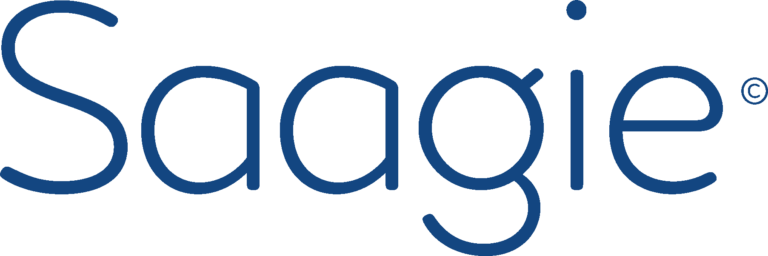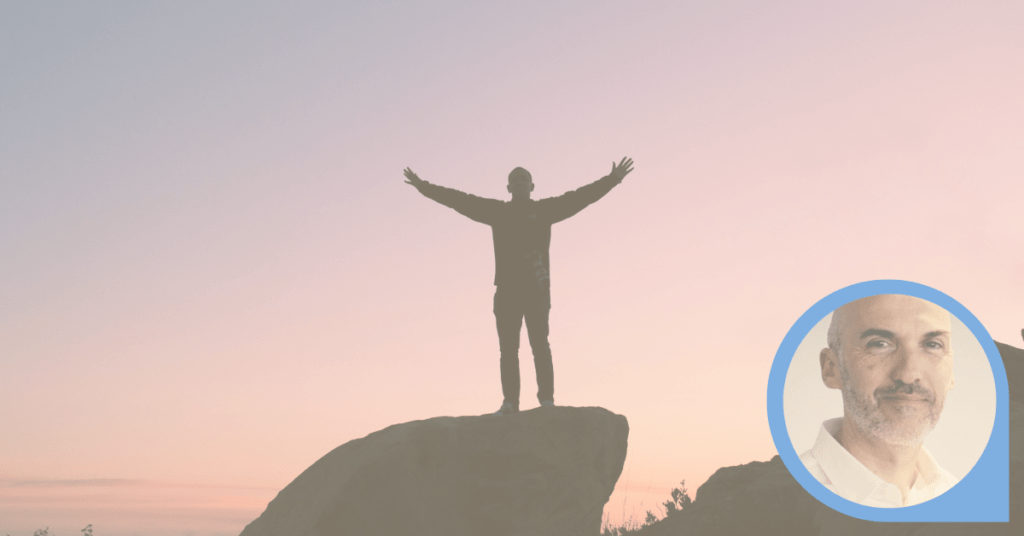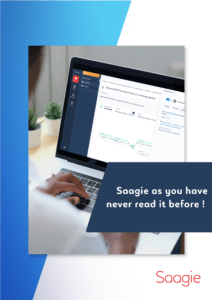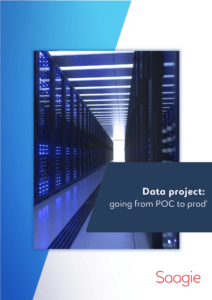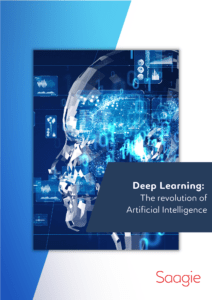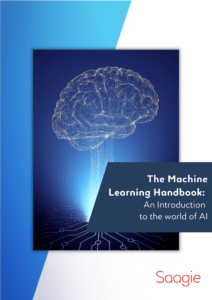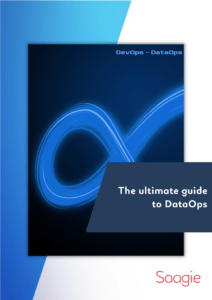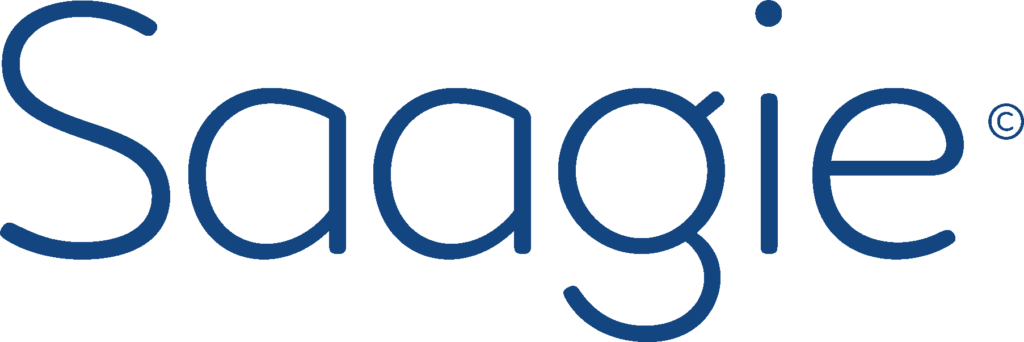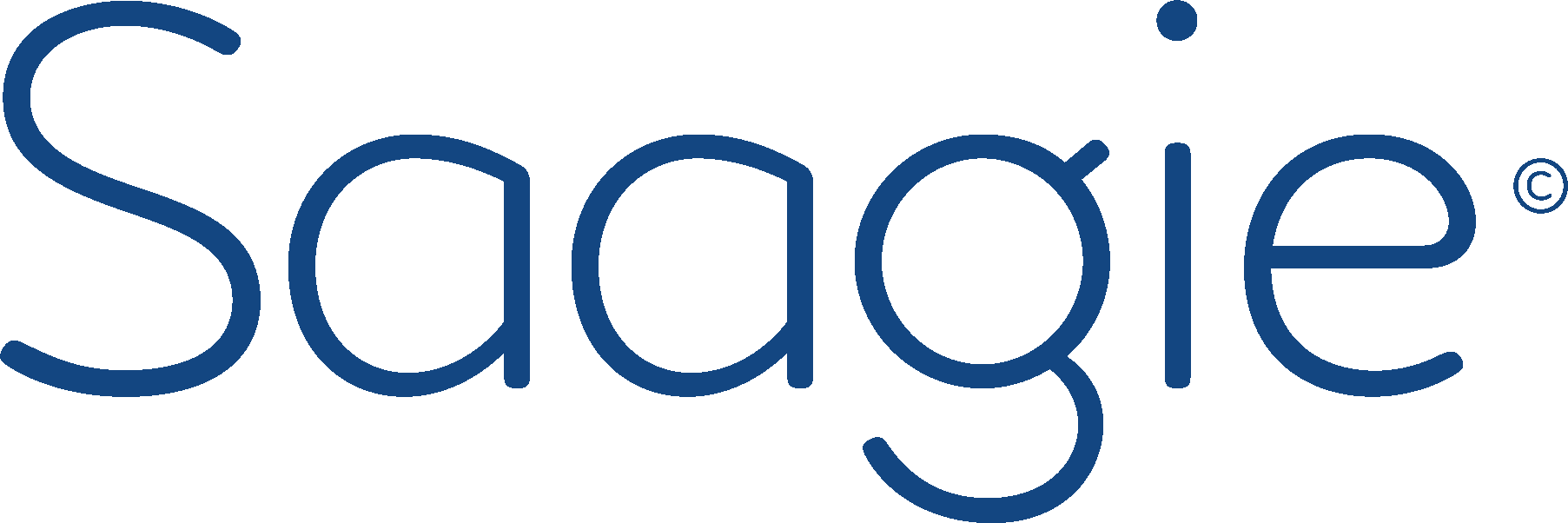This week, we are pleased to hear from Open Data expert Jean-Marc Lazard, Co-Founder & CEO of Opendatasoft. If you were not yet familiar with Open Data, this is an opportunity to learn a little more about the subject, and especially to understand how this notion can help us respond to challenges of general interest.
Could you briefly explain what Opendatasoft does?
Opendatasoft is a French company with offices in Paris, Nantes and Boston that specializes in open data management (meaning data that is publicly available). We want to make it easy to share any type of data with as many people as possible and to make it easy to use with specific tools. We create technological solutions that make this possible.
We provide tools to more than 600 organizations in 21 countries, and especially public actors (especially local and regional authorities) and public and private companies that generate various types of data or need to leverage open data. We may work with both types of stakeholders simultaneously, such as in the transportation, water and waste management, and other sectors.
For example, we’re heavily involved in the energy sector and are seeing growth in the services (banking, insurance, telecommunications) and luxury goods sectors. Everyone has data to share and use!
What is open data?
Open data is about making (structured) data reusable outside the initial context for which it was created. The idea is to share this data as widely as possible.
Open data is based on three main pillars:
- Format: when data is created, it is not necessarily in a format that can be reused by most people—it may be proprietary or not readable by all software. Open data aims to standardize data so that it can be reused by as many people as possible with a range of different tools.
- Usage rights: conditions for reusing data must be extremely clear.
- Free to use: the aim of open data is to reduce the economic barriers associated with “on-demand” data consumption as much as possible, and ultimately offer at least one form of free data access whenever possible. The goal is to ensure fair data access.
You recently said that open data was the solution to the health crisis—how so?
Although it won’t be enough on its own, open data is crucial for addressing many issues in our societies. It isn’t the only solution, but generally speaking, this idea is the driving force of a digital economy: it drives innovation, trust and the economy. Data is no longer just about its technical aspects—it’s more like the raw material of knowledge that fuels innovation.
The health crisis is a situation that requires all hands on deck to quickly identify solutions. In my opinion, we need to draw on this collective intelligence, on the sharing of data that fosters it, to solve many different problems. Giving people access to data—whether statistical data on how the pandemic is evolving, or a directory of businesses open during lockdown, or data on the economic impact of the crisis—is a prerequisite to working together to imagine and develop solutions. We must also make knowledge accessible on a collective basis so we can quickly assess the impact of our decisions.
Open data can speed up the benefits of digital technology in solving a crisis.
What specific solutions to the crisis has Opendatasoft provided?
We’ve been involved at several levels. Firstly, we equipped a number of public actors in France so they could keep the public updated on the pandemic at the local level (cities, departments, regions) by publishing observatories, such as information on patient numbers regularly shared by the French public health agency (Santé Publique France).
It’s a powerful way to ensure speed and efficiency, while remaining transparent about the source of the data, and to make the data available to all types of professionals (doctors, journalists, researchers, etc.).
Secondly, we were able to quickly equip practical information services such as:
- Essential services: open businesses, click and collect, etc.
- Mass transit: transit data was integrated directly into GPS applications such as CityMapper.
- Frais & Local: a project launched by the Ministry of Agriculture, which identifies distributors of local agricultural products through our ODS platform. The aim here is to promote a sector during the crisis and inform citizens of the services available to them.
- ACOSS (URSSAF): continuous publication of employment statistics so that the impact of the crisis on the labor market can be measured.
The ideas of transparency, fairness and efficiency are paramount here and tie in closely with creating sufficient trust and reassuring people, who are being asked to use these new digital services on a daily basis.
Can you tell us what its benefits are for other sectors, such as energy, climate, etc.?
Open data allows for multiple use cases since data is no longer considered as information but as knowledge to be shared. This translates into very tangible applications that can be developed over much shorter cycles.
For energy management on France’s island territories, for instance, environmental data observations (e.g., cloud cover) are essential to be able to know the electric power supply in real time to ensure self-sufficiency. One specific example is Reunion Island, where electric vehicle charging stations can leverage information drawn from data sharing on weather data, the solar-powered charging station supplier itself and the overall network operator. If we anticipate the weather conditions, then we can provide real-time updates about charging station availability.
Without open data, all the stakeholders involved in this project would have had to build their own shared—and therefore specific—platform to be able to process the data this way. But since everyone made their data available in a standardized way, they saved valuable time and kept costs to a minimum. This is a radical transformation, both in terms of design—since data is available and usable—and execution, since stakeholders no longer need to exchange their data to design a platform that can take years to develop, and which then requires time-consuming and costly maintenance.
For you, transparency is essential when it comes to data. Why is that?
First of all, we can see that for a growing number of companies, open data is an integral part of their brand because the market or their customers demand it. We have brands such as Kering that will make their data available to prove that the steps the group has taken to minimize their environmental impact are working.
There’s a real shift happening in corporate communication: words and photos simply won’t cut it anymore. People want proof. Open data can also be a powerful tool for attracting talent (not only data professionals but also other experts). Take Kering again—data availability could lead to innovations in product design (more environmentally friendly), and thus attract talented applicants who might have previously been reticent. Data has become vital to doing business in better conditions.
Companies need to change the way they communicate so that people have access to their data.
How do we restore trust?
In my opinion, trust is built through dialogue. With the development of social media, some companies are beginning to engage with users. It’s not particularly shocking that companies collect and manage customer data. However, they have to be transparent about how they use it.
Iqvia has made data on sales statistics of antigen tests in French pharmacies openly available. The data can be used by logistics experts and other health crisis management professionals. Iqvia is doing something positive for society. This is a good example of an initiative that could restore trust.
Do you think more legislation is needed to restore trust and encourage companies to share their data?
Today, we have the GDPR, which sets out a framework where individuals must consent [to data collection]. This regulation protects individuals by preventing certain unethical or even illegal practices regarding their data. But this will not necessarily solve the problem of trust because it introduces the concept of monetizing individual data. The commodification of data runs counter to the idea of collective intelligence that open data promotes.
Many aggregated datasets are not currently shared because they can be monetized. But we shouldn’t lose hope because more and more companies are getting on board. Sometimes they’re encouraged by investors, sometimes by partners, but especially by their customers.
Directly profiting from data makes no sense except in two circumstances: either companies have exclusive data (in which case the issue of personal data arises), or they have qualified information and are mainly selling the know-how derived from data processing. Otherwise, monetization doesn’t really make sense. What does make sense, even economically, is serving the common interest by resolving a problem through data. This is why data needs to be open.
But we could enact legislation that is more supportive of a digital republic. Every new law should refer to the digital republic and include a data and open data component; for example, as soon as a project is funded with public money, there should be transparency on how the funds are used.
This practice exists in many parts of the world without any legal obligation, especially in English-speaking countries where there is a robust data economy.
Open data has been tried and tested on a local scale. Today we can truly say that we can do better with less. But there needs to be a change in mindset—we need to be more willing to make data open to move forward faster. A survey of the general public has shown that things are changing because individuals and public stakeholders are demanding more transparency.
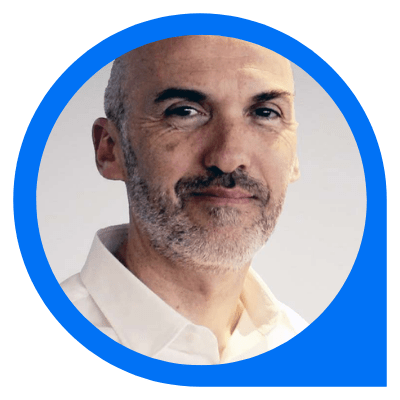
Jean-Marc co-founded Opendatasoft in 2011. With 16 years of expertise in business strategy and team management, he is passionate about data and its use, and is convinced of the need to make data accessible to as many people as possible. and above all the need to share it. According to him, organizations will only succeed in their digital transformation if they change the way they use and share data.

